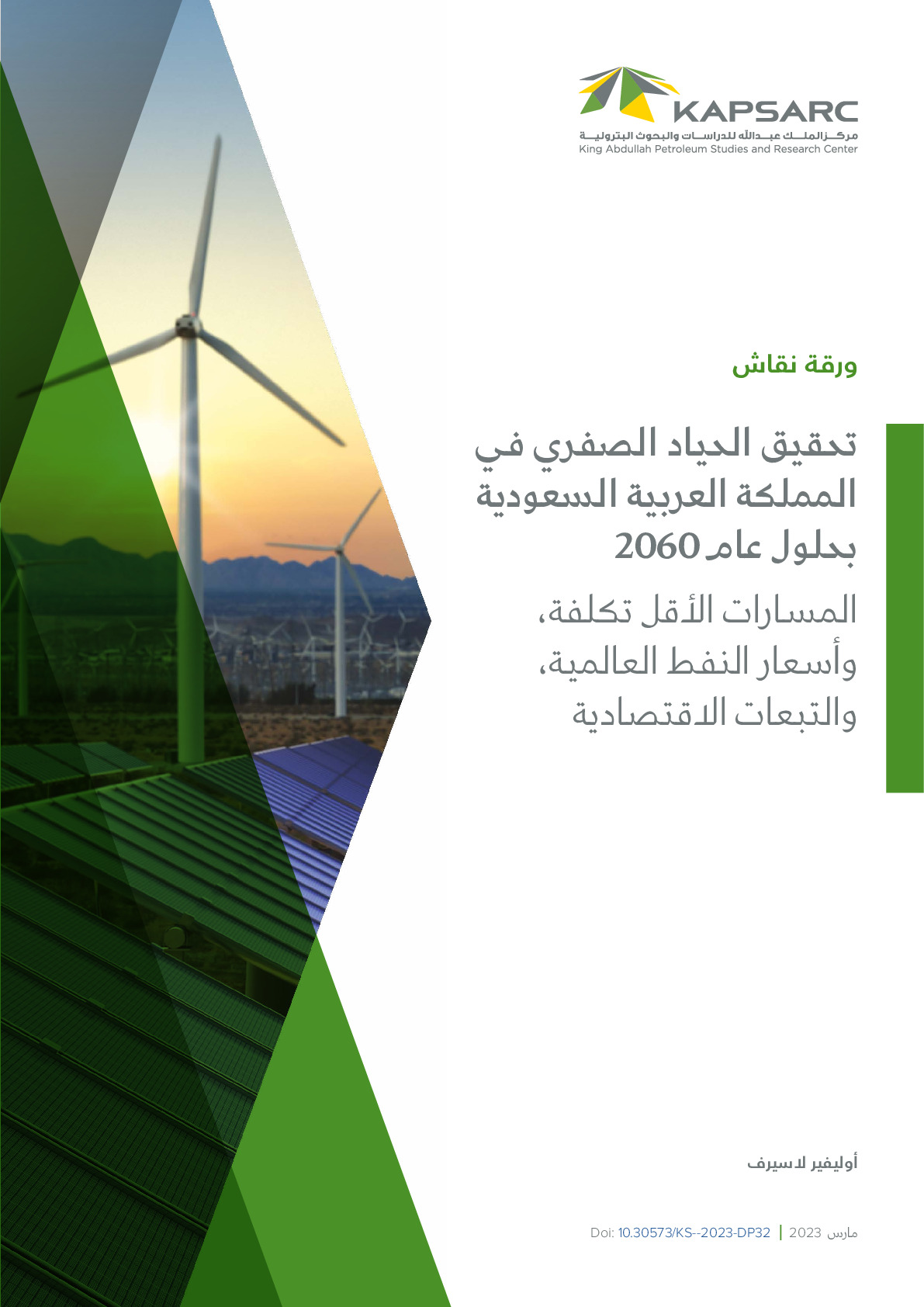This report develops an analytical framework that assesses the macroeconomic, environmental and distributional consequences of energy subsidy reforms. The framework is applied to the case of Indonesia to study the consequences in this country of a gradual phase out of all energy consumption subsidies between 2012 and 2020. The energy subsidy estimates used as inputs to this modelling analysis are those calculated by the International Energy Agency, using a synthetic indicator known as “price gaps”. The analysis relies on simulations made with an extended version of the OECD’s ENV-Linkages model. The phase out of energy consumption subsidies was simulated under three stylised redistribution schemes: direct payment on a per household basis, support to labour incomes, and subsidies on food products. The modelling results in this report indicate that if Indonesia were to remove its fossil fuel and electricity consumption subsidies, it would record real GDP gains of 0.4% to 0.7% in 2020, according to the redistribution scheme envisaged. The redistribution through direct payment on a per household basis performs best in terms of GDP gains. The aggregate gains for consumers in terms of welfare are higher, ranging from 0.8% to 1.6% in 2020. Both GDP and welfare gains arise from a more efficient allocation of resources across sectors resulting from phasing out energy subsidies. Meanwhile, a redistribution scheme through food subsidies tends to create other inefficiencies. The simulations show that the redistribution scheme ultimately matters in determining the overall distributional performance of the reform. Cash transfers, and to a lesser extent food subsidies, can make the reform more attractive for poorer households and reduce poverty. Mechanisms that compensate households via payments proportional to labour income are, on the contrary, more beneficial to higher income households and increase poverty. This is because households with informal labour earnings, which are not eligible for these payments, are more represented among the poor. The analysis also shows that phasing out energy subsidies is projected to reduce Indonesian CO2 emissions from fuel combustion by 10.8% to 12.6% and GHG emissions by 7.9% to 8.3%, in 2020 in the various scenarios, with respect to the baseline. These emission reductions exclude emissions from deforestation, which are large but highly uncertain and for which the model cannot make reliable projections.
Authors: Olivier Durand-Lasservei, Lorenza Campagnoloii, Jean Chateaui and Rob Dellinki


